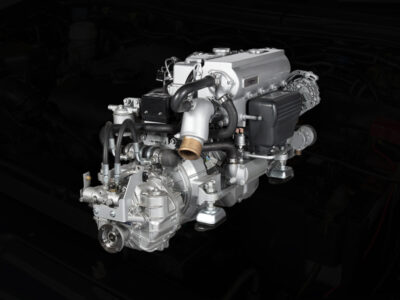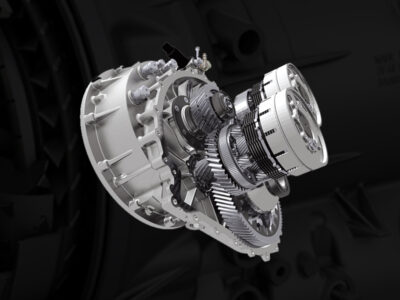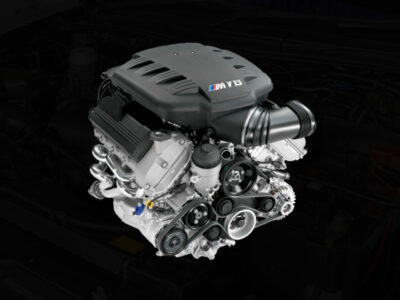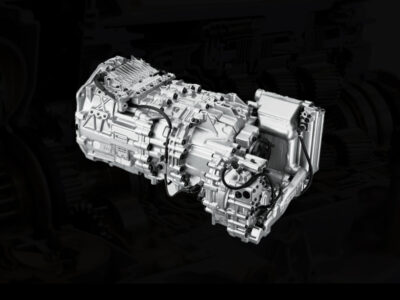
Pre-owned engine oil is a common byproduct of vehicle maintenance, but improper disposal can harm the environment. Whether you’re changing the oil in your car or managing used parts from a repair, knowing how to dispose of pre-owned engine oil responsibly is crucial. This guide explains the best practices for disposing of used engine oil, where to take it, and how to ensure compliance with local regulations. By following these steps, you can protect the environment and make use of recycling opportunities.
Why Proper Disposal of used engine Oil Matters
Pre-owned engine oil contains contaminants like heavy metals and chemicals that can pollute soil and water if not handled correctly. Oil improperly disposed of can contaminate up to one million gallons of water. Recycling pre-owned engine oil not only prevents environmental damage but also allows the oil to be reprocessed into new lubricants or fuel. For those handling used parts during vehicle repairs, proper disposal ensures a cleaner workspace and compliance with environmental laws.
Environmental Impact of Improper Disposal
- Water Contamination: Spilled or dumped oil can seep into groundwater or waterways.
- Soil Pollution: Oil left on the ground can harm plants and wildlife.
- Legal Consequences: Improper disposal may lead to fines or penalties in many regions.
Where to Dispose of used engine Oil
Finding the right place to dispose of pre-owned engine oil is easier than you might think. Many facilities accept used oil for recycling, and some even offer free drop-off services. Below are the most common options for disposing of pre-owned engine oil and used parts.
1. Local Recycling Centers
Most communities have recycling centers that accept pre-owned engine oil. These facilities are equipped to handle hazardous materials and ensure the oil is processed safely.
- How to Find One: Check your city’s waste management website or call your local government office.
- What to Expect: Some centers have designated drop-off hours or require oil to be in sealed containers.
- Tip: Combine your trip with recycling other used parts, like batteries or filters, to save time.
2. Auto Parts Stores and Repair Shops
Many auto parts stores and repair shops accept pre-owned engine oil as a service to customers. Chains like AutoZone, Advance Auto Parts, and O’Reilly Auto Parts often have recycling programs.
- Benefits: Convenient locations and knowledgeable staff who can guide you.
- Process: Bring your oil in a sealed, leak-proof container, such as the original oil jug or a dedicated oil storage container.
- Bonus: These shops may also take used parts like oil filters or other automotive components.
3. Household Hazardous Waste Collection Events
Some areas host periodic hazardous waste collection events where residents can drop off pre-owned engine oil, paints, and other chemicals.
- Availability: Check your local government’s schedule for upcoming events.
- Preparation: Ensure your oil is properly stored to avoid spills during transport.
- Pro Tip: These events are great for disposing of other used parts or hazardous materials from your garage.
4. Municipal Curbside Pickup (Where Available)
In certain areas, municipalities offer curbside pickup for pre-owned engine oil. This service is less common but worth checking for convenience.
- How It Works: Place your oil in approved containers provided by the city and schedule a pickup.
- Limitations: Not all cities offer this service, and there may be quantity restrictions.
- Check Regulations: Confirm with your local waste management authority to ensure compliance.
Read more: DIY Guide: How to Install a Used Transmission in Your Vehicle
How to Prepare used engine Oil for Disposal
Proper preparation ensures safe transport and acceptance at disposal facilities. Follow these steps to store and transport pre-owned engine oil and used parts effectively.
Step 1: Collect the Oil Safely
- Use a clean, leak-proof container, such as a plastic jug or a dedicated oil storage container.
- Avoid mixing pre-owned engine oil with other substances, like antifreeze or brake fluid, as this can complicate recycling.
- Label the container clearly to avoid confusion during transport.
Step 2: Store the Oil Properly
- Keep the container in a cool, dry place away from heat sources.
- Place the container on a stable surface to prevent tipping or spilling.
- If storing used parts like oil filters, seal them in a plastic bag to contain residual oil.
Step 3: Transport the Oil Securely
- Place the container in a secondary containment, like a plastic bin, to catch any leaks.
- Secure the container in your vehicle to prevent spills during transport.
- Bring only the amount of oil or used parts the facility can accept to avoid issues.
Common Mistakes to Avoid When Disposing of used engine Oil
To ensure safe and legal disposal, steer clear of these common errors:
- Dumping Oil Down Drains or on the Ground: This is illegal and harmful to the environment.
- Mixing Oil with Other Fluids: Contaminated oil may not be accepted for recycling.
- Using Improper Containers: Leaky or unsuitable containers can cause spills and rejection at facilities.
- Ignoring Local Regulations: Disposal rules vary by region, so always check local guidelines.
Recycling used engine Oil: How It Works
Once you drop off your pre-owned engine oil, it undergoes a recycling process to remove contaminants and prepare it for reuse. The oil is cleaned, refined, and often turned into new lubricants, industrial fuels, or asphalt. Recycling used parts like oil filters also recovers valuable materials, reducing waste. By choosing to recycle, you contribute to a circular economy and reduce the demand for new oil production.
Benefits of Recycling Pre-owned engine Oil
- Conserves Resources: Recycled oil reduces the need for virgin oil extraction.
- Reduces Waste: Keeps hazardous materials out of landfills and waterways.
- Supports Sustainability: Promotes environmentally friendly practices in automotive care.
Take the Next Step
Proper disposal of pre-owned engine oil is a small but impactful way to protect the environment. Start by locating a recycling center or auto shop near you to drop off your oil and used parts. Have questions or tips about oil disposal? Share them with us or explore our other articles on vehicle maintenance for more eco-friendly practices.
Wrapping Up
Disposing of pre-owned engine oil responsibly is essential for environmental protection and compliance with local laws. By using recycling centers, auto shops, or hazardous waste events, you can ensure your oil and used parts are handled safely. Always store and transport oil carefully to avoid spills and follow local regulations for a seamless process.
At A111 Auto Parts, we’re committed to helping you maintain your vehicle sustainably by providing high-quality used auto parts. Whether you need replacement components or advice on eco-friendly maintenance, our team is here to support you. Visit us today to explore our inventory and keep your vehicle running smoothly.





